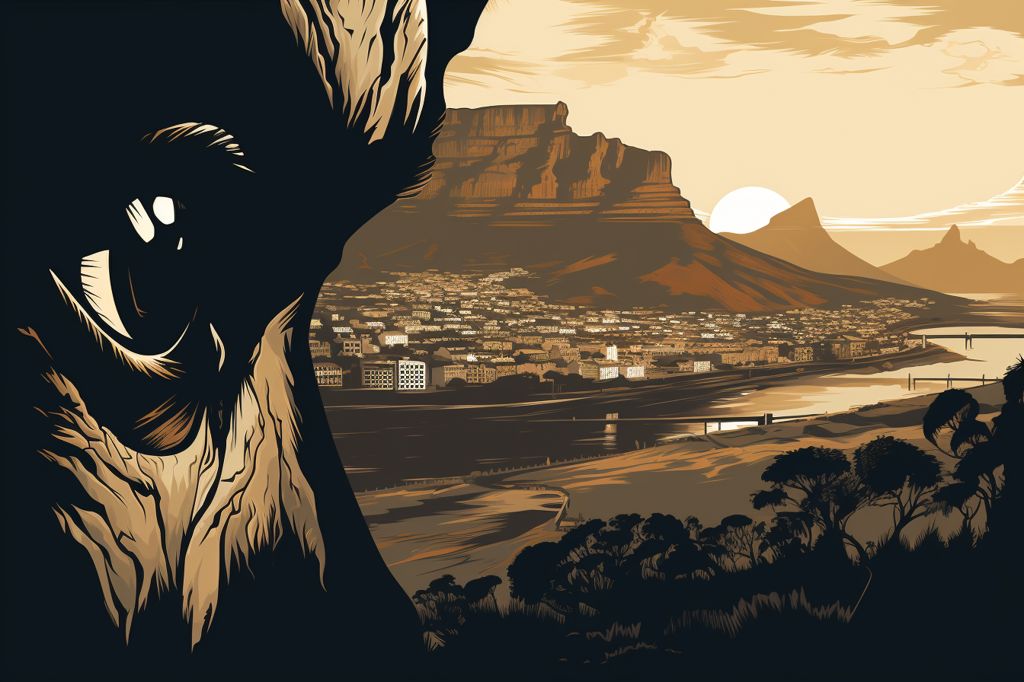In a groundbreaking move to safeguard aquatic ecosystems, the City of Cape Town has announced the deployment of two weed harvesters, Cape Shoveler and Otter, to tackle invasive weeds in Zandvlei and Rietvlei. The machines are set to arrive in November 2023 and February 2024, respectively, after being named through a community-driven initiative.
Community-Driven Naming Process
Residents were given the opportunity to submit over a hundred proposals to name the machines, allowing them to be a part of the conservation effort in their local environment. The Protected Areas Advisory Committee (PAAC) was responsible for selecting the preferred names, emphasizing the importance of involving local communities in conservation efforts.
Meet the Wetland Warriors
The Cape Shoveler, named after a waterfowl indigenous to Southern Africa, is known for its spatula-shaped bill and graceful navigation of water bodies. The Otter machine, inspired by the Cape Clawless Otter, a freshwater otter species, is a representation of the resilience and adaptability of the local fauna.
Significance of the Weed Harvesters
These specialized machines, currently under assembly in Paarden Island, will contribute significantly to the eradication of invasive plant species and improving water quality in Zandvlei and Rietvlei. The introduction of these aquatic machines signifies a remarkable milestone in preserving the rich biodiversity of the wetlands.
Future Plans
Alderman Eddie Andrews, the City’s Deputy Mayor and Mayoral Committee Member for Spatial Planning and Environment, revealed plans for a third weed harvester to be delivered to Zandvlei in the 2024/25 financial year, with the naming process to be conducted at a later stage.
The arrival of the wetland warriors Cape Shoveler and Otter marks a new chapter in the ongoing efforts to preserve the natural heritage and diverse ecosystems of the region. The combined efforts of the local community, PAAC, and the City of Cape Town will ensure a brighter future for the wetlands and their inhabitants.








